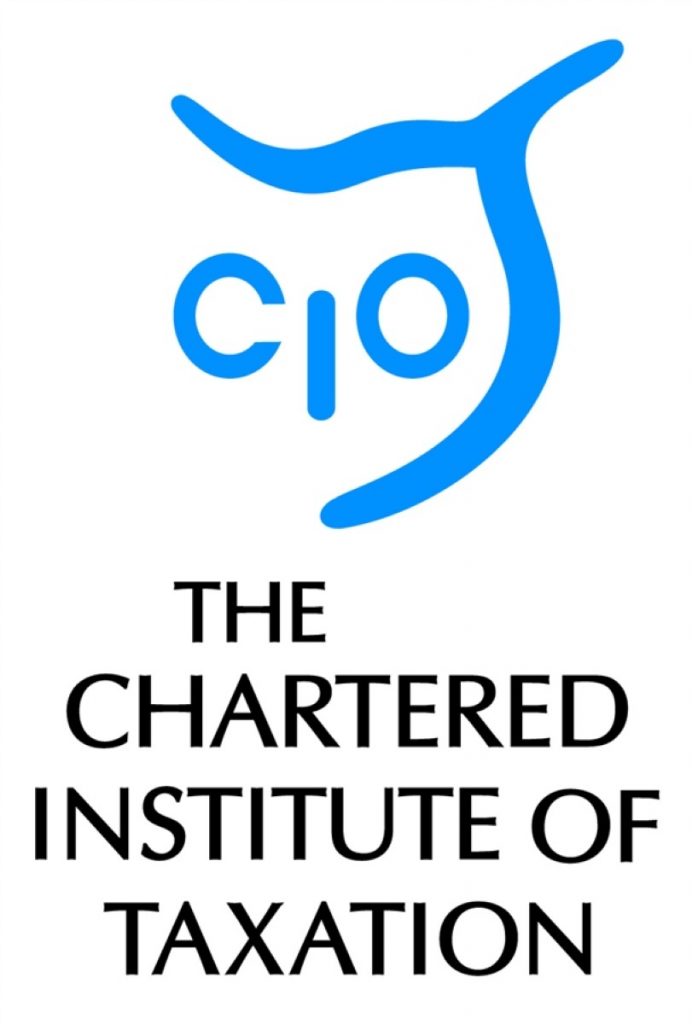Budget: Corporation tax increases balance the books
In a neutral Budget overall, with many modest tax increases and decreases, the biggest tax increase was in corporation tax.
Over the next 5 years, companies will be paying over £7 billion extra as a result of the decisions announced today. In a full year when all the changes have worked through, it will be £1 billion extra each year, even after the effect of the reduction announced from 20pc to 17pc with effect from 2020/21.
John Cullinane, CIOT Tax Policy Director, said:
“Rumours of the death of corporation tax have been much exaggerated.
“There has been much talk recently of problems with corporation tax and whether it can be sustained in today's global economy. Today's announcements show that the Chancellor is still confident he can increase the tax base to more than offset planned rate reductions in the years ahead.”
The changes go further than the recommendations of the recent OECD/G20 BEPS (Base Erosion and Profit Shifting) project and include reducing companies' ability to reduce tax bills by bringing forward past losses and other technical changes, such as on allowances for business cars.
John Cullinane added: “The announcement of another roadmap is good news and very helpful to business, but it is important to recognise that, overall, the tax base is being broadened. When we see the detailed legislation, it is likely that its complexity will have been increased as well.”
Commenting on the delay to the introduction of earlier payments in advance for corporation tax, John Cullinane said: “It is sensible that the Chancellor has sugared the pill for large businesses by putting back by two years the accelerated payments of tax that he had previously announced.”
Notes for editors
1. The total net impact of all tax changes announced is to reduce taxes by a net £3.2 billion over the 5 years from 1 April 2016, with the bulk of this coming through in the final year of the period, 2020-21.
Within this there is a net increase of £3.2 billion in business taxes over the 5 years. £7.5 billion additional corporation tax (the biggest of any of the increases announced) and £2.6 billion extra stamp duty will be offset by £6.7 billion in business rate reductions.
2. These figures exclude changes classified as Avoidance measures in the Red Book.
3. The new business tax roadmap stresses the plans to cut rates and support small business in particular, with other changes following 'international best practice' and requiring 'large multinationals' to pay 'their fair share.
4. The Chartered Institute of Taxation (CIOT)
The CIOT is the leading professional body in the United Kingdom concerned solely with taxation. The CIOT is an educational charity, promoting education and study of the administration and practice of taxation. One of our key aims is to work for a better, more efficient, tax system for all affected by it – taxpayers, their advisers and the authorities. The CIOT’s work covers all aspects of taxation, including direct and indirect taxes and duties. Through our Low Incomes Tax Reform Group (LITRG), the CIOT has a particular focus on improving the tax system, including tax credits and benefits, for the unrepresented taxpayer.
The CIOT draws on our members’ experience in private practice, commerce and industry, government and academia to improve tax administration and propose and explain how tax policy objectives can most effectively be achieved. We also link to, and draw on, similar leading professional tax bodies in other countries. The CIOT’s comments and recommendations on tax issues are made in line with our charitable objectives: we are politically neutral in our work.
The CIOT’s 17,500 members have the practising title of ‘Chartered Tax Adviser’ and the designatory letters ‘CTA’, to represent the leading tax qualification.





-01.png)